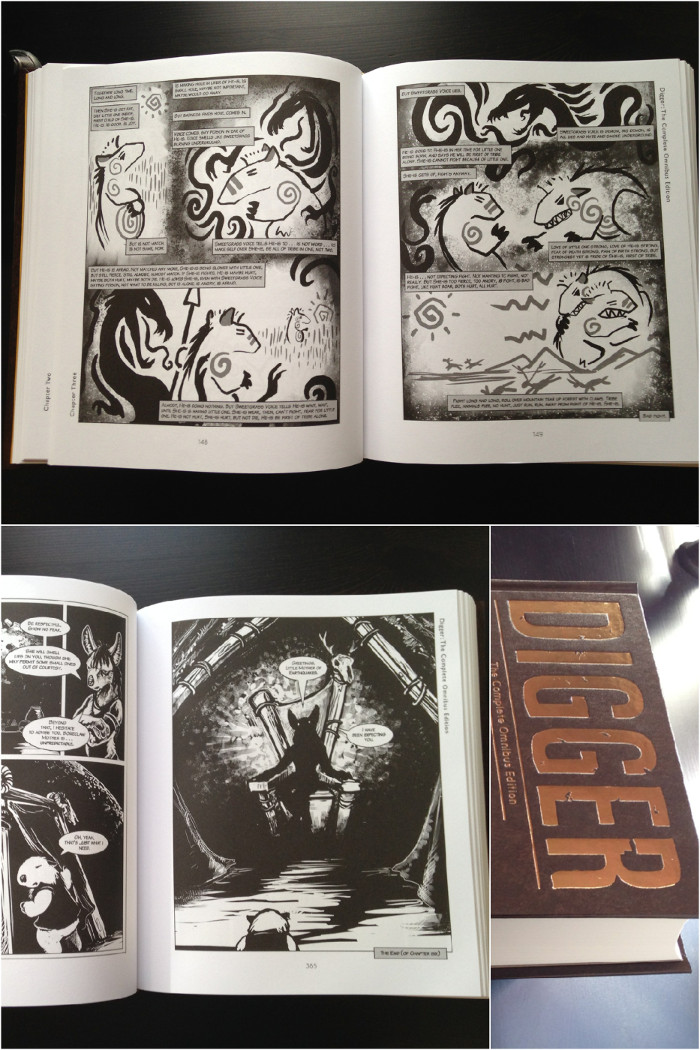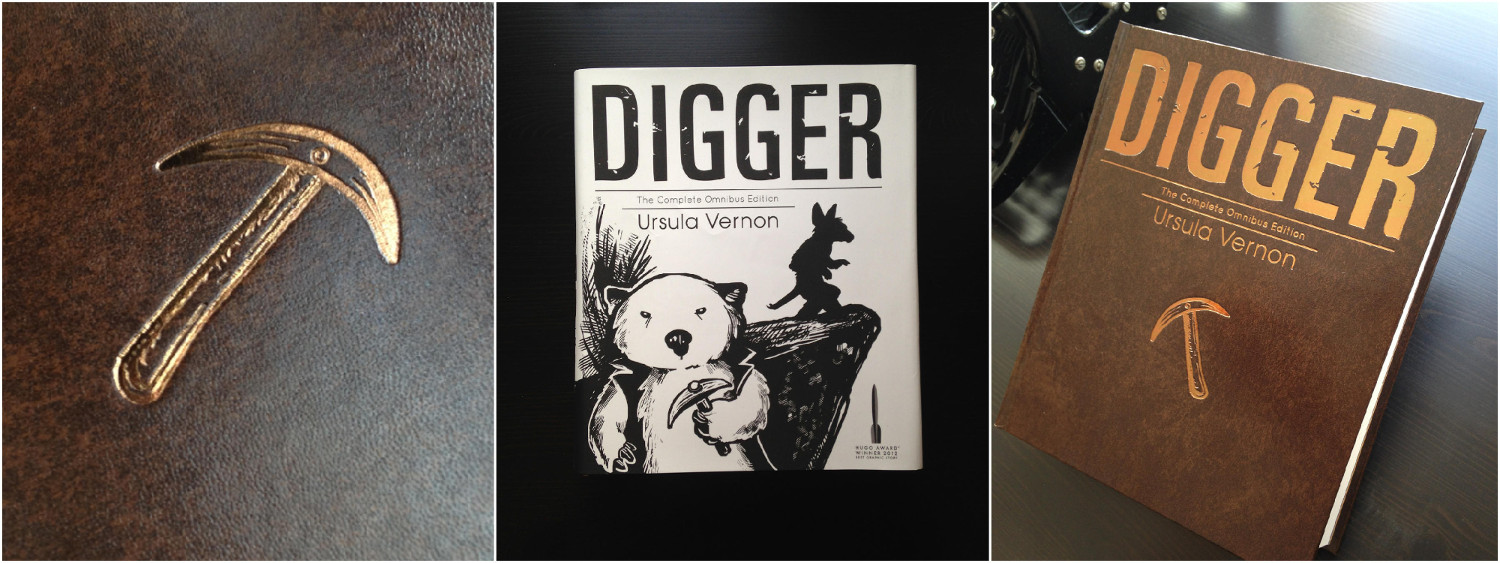Please accept YouTube cookies to play this video. By accepting you will be accessing content from YouTube, a service provided by an external third party.
If you accept this notice, your choice will be saved and the page will refresh.
This scene might sum up the essence of Star Wars: The Clone Wars for me, the soon-to-be seven seasons of galactic goodness depicting the events between Attack of the Clones and Revenge of the Sith. It’s not from one of the greatest episodes, not even one in any form essential to the overarching plot. (None of them are. That’s part of the magic!) But it captures the colourful abundance and diversity of Star Wars, the light-hearted, sense-of-wonder-tickling approach The Clone Wars takes to its somber themes.
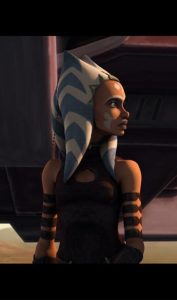 And trust me, The Clone Wars is heavy stuff, especially for a show aimed at a younger audience. We all know what happens to hotshot hero Anakin Skywalker, and to those many, many Jedi and their faithful clone regiments. One of the great accomplishments of The Clone Wars is its exploration of the tragedy in the making, a tragedy that never worked in RotS on screen (the novelization by Matthew Stover does a much better job): a war lost from the beginning, an order of old not able to adapt as an institution (although filled with well-meaning, clever individuals), a fine hero slowly descending into darkness with no one to stop him, an army of misused men disconnected from the society they are defending, only to be utterly betrayed in the end.
And trust me, The Clone Wars is heavy stuff, especially for a show aimed at a younger audience. We all know what happens to hotshot hero Anakin Skywalker, and to those many, many Jedi and their faithful clone regiments. One of the great accomplishments of The Clone Wars is its exploration of the tragedy in the making, a tragedy that never worked in RotS on screen (the novelization by Matthew Stover does a much better job): a war lost from the beginning, an order of old not able to adapt as an institution (although filled with well-meaning, clever individuals), a fine hero slowly descending into darkness with no one to stop him, an army of misused men disconnected from the society they are defending, only to be utterly betrayed in the end.
I heard the words “Clone Wars” for the first time in 1977 Star Wars, and a whole range of exciting possibilities popped up in my mind then. When it turned out to be endless rows of Jango Fetts taking it out on endless rows of droids in AotC, it was a whole platter of meh with a dash of disillusion. Enter The Clone Wars: boy, did it deliver on the promise of a sweeping, epic conflict!
The first season isn’t quite there yet, though. And even later, the villains are often at their most cackling villainy, the droids are mostly walking, clanking jokes, and I can tell you I had a bad feeling about some overused one-liners. But the show finds its stride, evolving into multi-episode story-arcs and displaying a broad range of themes and genres – some episodes are pure fun and wonderful weirdness, some are super serious war narratives, or force mysticism fables, or games of political intrigue, or they pay homage to cinematic moments from Jaws to The Seven Samurai. Not all the things director Dave Filoni and his writing team experimented with were right up my alley, but I found something to like in most of the 121 episodes – even the ones featuring *gasp* Gungans!
Great, it’s gonna be another one of those planets.
– Clone pilot Warthog
The plots are not overly complex. You’ll often know how a story will go, because it’s just a Star Wars spin on something you’ll recognize. But there are twists and turns and a lot of fun along the way. Character development is always on spot and features awesome original characters like Jedi Padawan Ahsoka, Clones in many different flavors, Sith assassin Ventress, and a bunch of colorful bounty hunters. There’s a whole parade of well-written female characters, and there’s even a nice diverse subtext in this galaxy teeming with aliens of all shapes and sizes. Take the Aleena from “another one of those planets”: they are seen at various times as background characters, and while they look like a bad ringtone ad from the 90s, apart from tribal warriors on flying mantis mounts, they can also be drunken ladies on Coruscant, traveling artists, or even Jedi.

Then again, I’m not among those who get annoyed by “those planets”. I grew up on the Ewoks animated series, after all.
The Jedi, by the way, are not exactly the good guys, not as a whole. The Clone Wars introduces a lot of greys to the Star Wars moral landscape; you could even say it drops the good-vs-evil premise completely as the war muddies all moral absolutes very effectively. Some story-arcs feature a surprisingly strong anti-war message, and the clones are the perfect stand-ins for the dehumanizing and deindividualizing nature of war.
Apart from that, The Clone Wars greedily gobbles up everything that was in the SW universe up till then, while adding a lot more, without neglecting to keep the audience grounded with a sense of place and coherence in the galaxy far, far away (looking accusingly at you, Disney era Star Wars!)
As this was the last major contribution to the Star Wars canon with George Lucas at the helm of Lucasfilm, these were the stories he wanted to tell, and they show he still knew how to spin a yarn, with Dave Filoni & Co. doing the heavy-lifting to make this serialized approach to the epic formula shine. You can clearly see how much thought and love went into the details, into the animation, and into the development of an awe-inspiring number of narrative strands weaving in and out of the main storyline about the fall of the Republic and the Jedi.
The Clone Wars is notoriously told non-chronologically (but it might be a good idea to watch it in the correct order). Somehow, it works anyway as an episodic war narrative at dozens of locations, coming together to form an extensive mosaic of worlds, characters, factions, and action. It manages to walk the thin line between rollicking pulp adventure and drama with admirable grace. This is Star Wars at its best, in a galaxy brimming with strange life, with its animation ever more beautiful, and its punches aimed at your guts ever more violent. Most violent, perhaps, when you realize the show was canceled in favor of Rebels without tying up even one of its numerous loose ends. I’m hyped for the revival, of course, but twelve new episodes seem awfully short to finish the stories I’d be interested in.
Even unfinished, The Clone Wars is worth watching. Are you a jaded Star Wars fan who wants to fall in love anew? Or do you adore all the movies and want more? The Clone Wars has got you covered. Give some love to the clones! Give some love to Ahsoka Tano (naturally)! Maybe even give a little bit of love to Anakin Skywalker!
Reconcile with the prequel era, you want. Search your feelings.
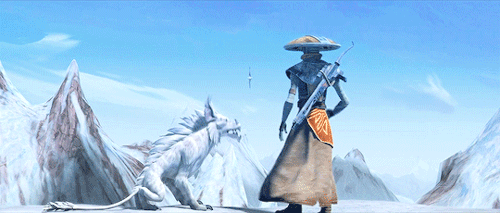

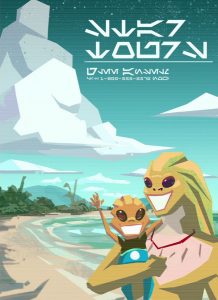
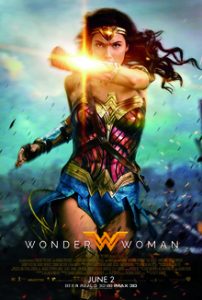 What I enjoyed most, though, was the movie’s beginning at Themyscira, showing a whole island of women at all levels of society. I could have watched this forever. Actually, I was able to watch it for quite some time, because Wonder Woman starts out slow-paced. Which would have been perfect, hadn’t the rest of the film been totally detached from these scenes. I felt there should have been some reconnection later on, anything to justify the time we spent with that awesome Amazon action.
What I enjoyed most, though, was the movie’s beginning at Themyscira, showing a whole island of women at all levels of society. I could have watched this forever. Actually, I was able to watch it for quite some time, because Wonder Woman starts out slow-paced. Which would have been perfect, hadn’t the rest of the film been totally detached from these scenes. I felt there should have been some reconnection later on, anything to justify the time we spent with that awesome Amazon action.